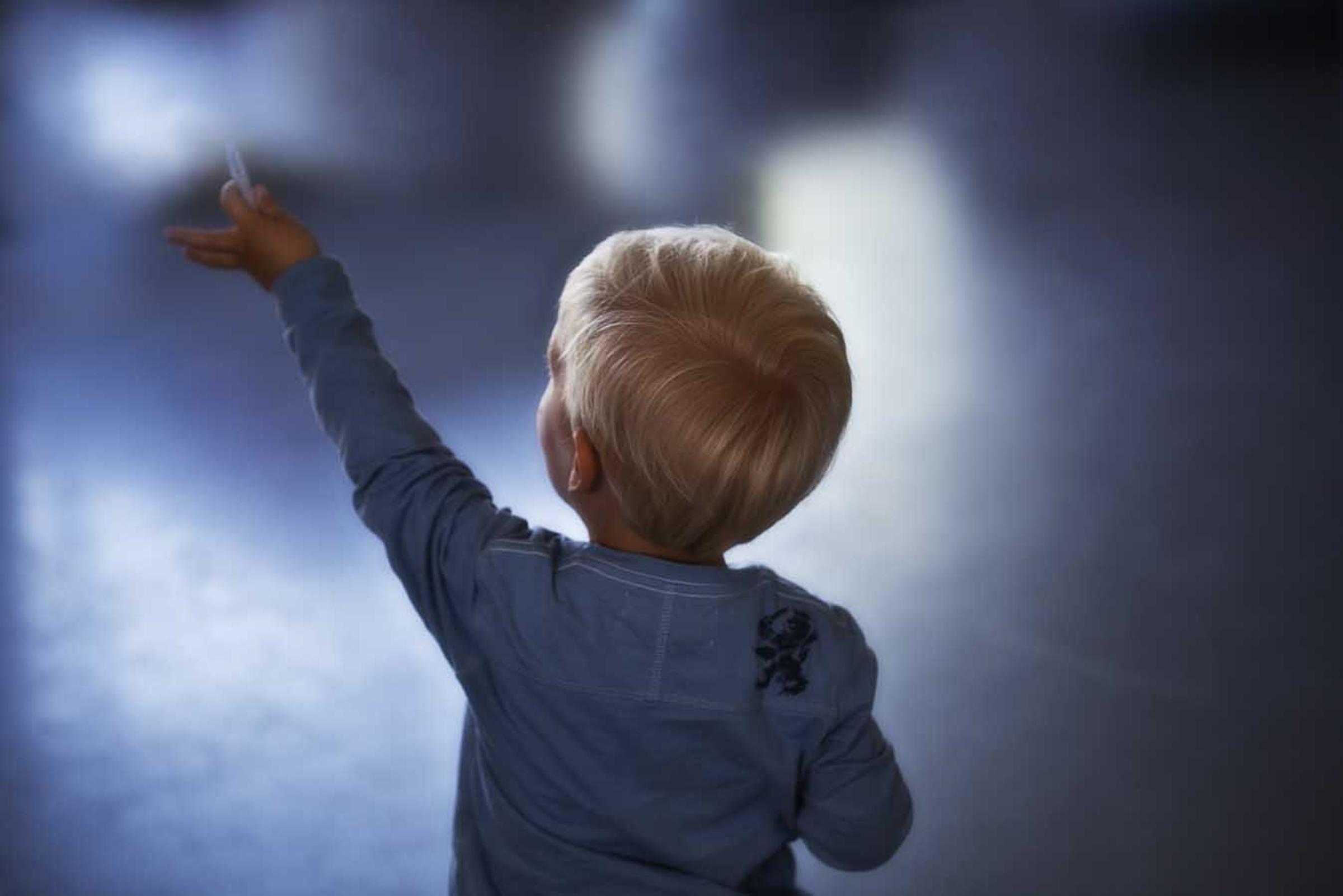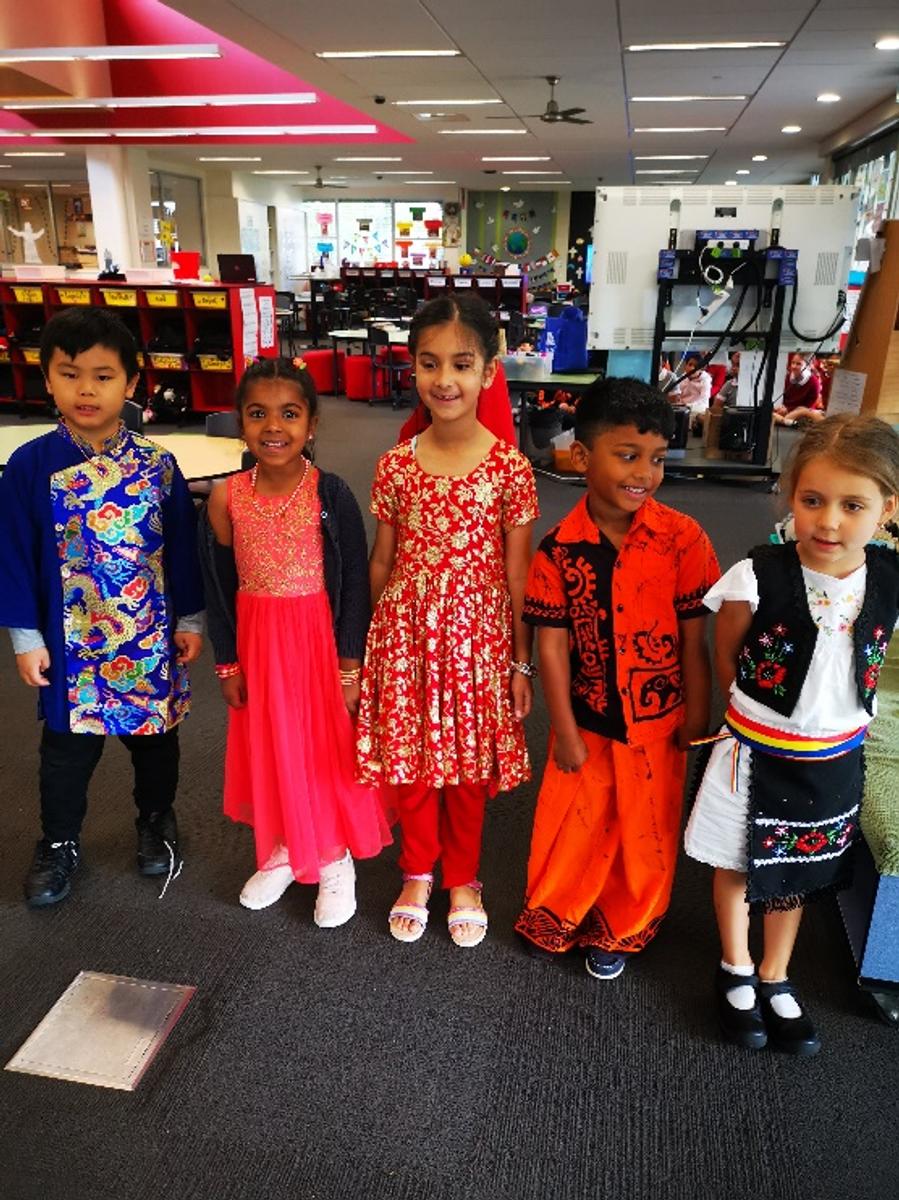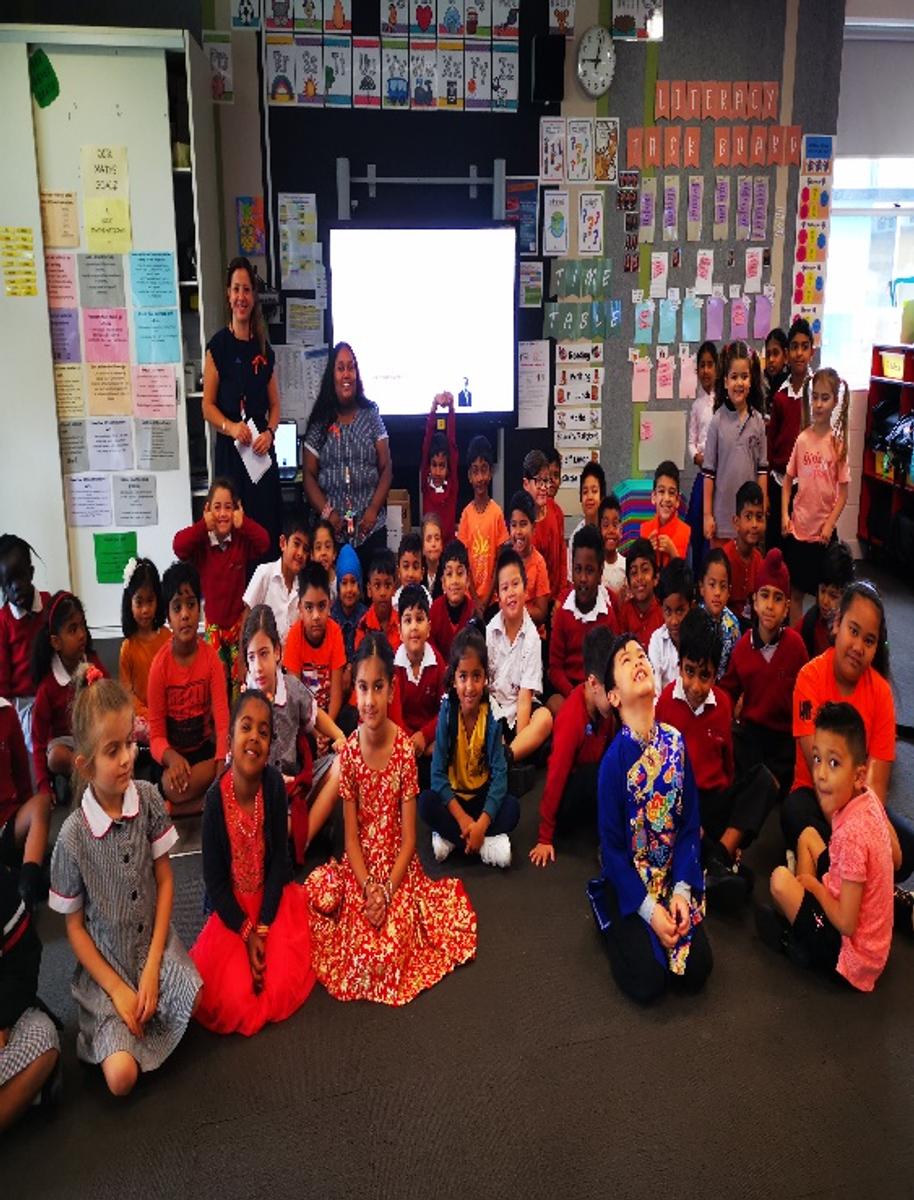Wellbeing

Harmony Day
On Monday 22nd of March we celebrated Harmony Day. Harmony Week is a time to celebrate Australian multiculturalism, and the successful integration of migrants into our community. Australia is one of the most successful multicultural countries in the world and we should celebrate this and work to maintain it. The message of Harmony Week is everyone belongs. It is about inclusiveness, respect and belonging for all Australians, regardless of cultural or linguistic background, united by a set of core Australian values.
Did you know?
- Nearly half (49 per cent) of Australians were born overseas or have at least one parent who was.
- We identify with over 300 ancestries.
- Since 1945, more than 7.5 million people have migrated to Australia.
- 85 per cent of Australians agree multiculturalism has been good for Australia.
- Apart from English, the most common languages spoken in Australia are Mandarin, Arabic, Cantonese, Vietnamese, Italian, Greek, Tagalog/Filipino, Hindi, Spanish and Punjabi.
- More than 70 Indigenous languages are spoken in Australia.
These facts are taken from ABS 2016 Census Data. Check out the Australian Bureau of Statistics website.
Why does orange represent Harmony Week?
- Orange has been the Harmony Week colour since the first event was held in 1999.
- Traditionally the colour orange relates to social communication, stimulating two-way conversations. It aids in the development of new ideas and frees the spirit of its limitations, giving us the freedom to be ourselves. At the same time it encourages self-respect and respect of others.
It was wonderful to see the children learning about the key message of Harmony day and dressed in Orange and proudly wearing clothing from their cultural background.
The Resilience Project
On Tuesday night we had the Resilience Project parent webinar lead by Hugh Van Cuylenburg, speaking about the key themes of Gratitude, Empathy, Mindfulness and Emotional literacy.
It was fantastic to see such a wonderful attendance from our parent community. I would love to hear your feedback on the session and what you have learnt or will take away from the webinar. We are a partnership school with the Resilience Project and each term we focus on one of these key themes. The senior students are also working through the Resilience Project journals.
Why is resilience and wellbeing important?
- Children who are not well emotionally will not be able to learn. When we are stressed the part of our brain responsible for learning does not work.
- Calm children can focus and retain more information. 3. Resilience enables children to take safe risks without fear of failure.4.The statistics indicate that the number of adults struggling with mental ill health has increased over the years. 5. Statistics also tell us that mental ill health is affecting young people at alarming rates and the onset is getting earlier. Prevention is the key to seeing these figures improve.
For those who were unable to attend the webinar and would like to watch the presentation, here is the link.
The Resilience Project presents, 'Discovering Resilience' with Hugh van Cuylenburghttps://us02web.zoom.us/rec/share/Jn48YHZZ1qBmNvusfnlwo8bom_buoQyprYPbejYjISyzHHP_bDiWgBK5aX6CN9l4.V9m7NgWfclvD1rpf
Please note, this link will expire at midnight on 8th April.
Also, of interest to parents is Hugh’s podcast which is free.
Listen to The Imperfects Podcast (Click HERE to view)
- Recommended implementation: Tune in whilst on your next walk, run, ride or road trip (Available on Apple Podcasts, Spotify, iHeartRADIO and STITCHER)
If you have any concerns about the wellbeing of your child, please do not hesitate to contact me. I am available next week for Parent teacher interviews. If I work you’re your child in a social skills group, you might like to touch base with how they are going. rlenko@sfslynbrook.catholic.edu.au
Rachel Lenko
Student Wellbeing Leader



